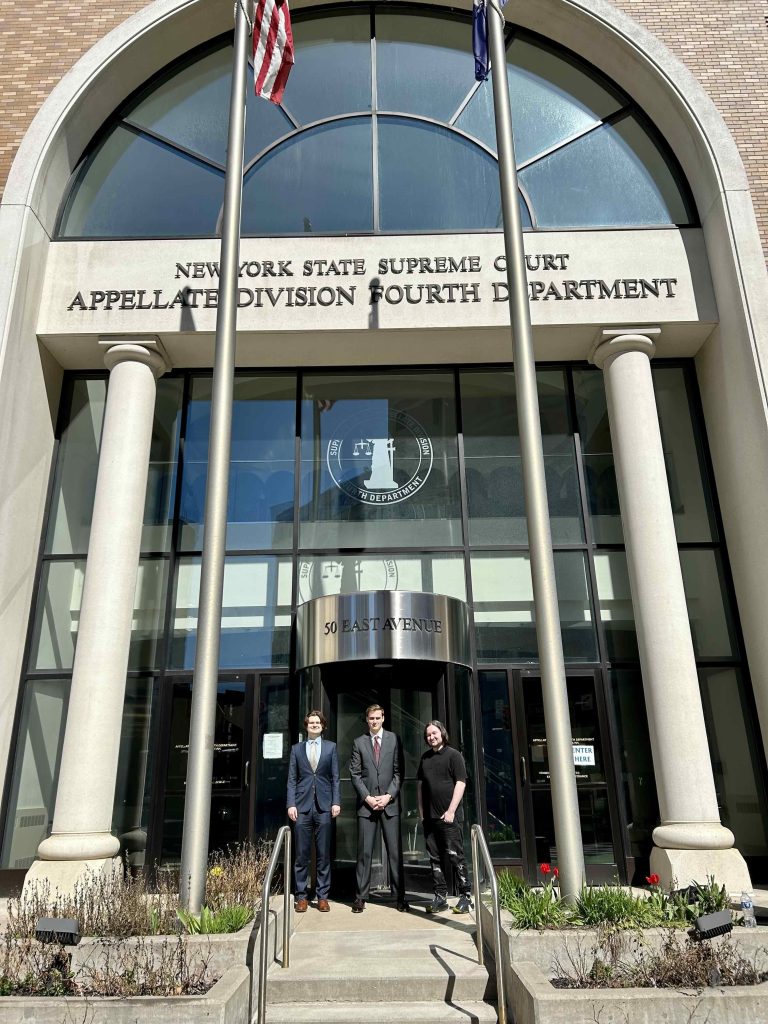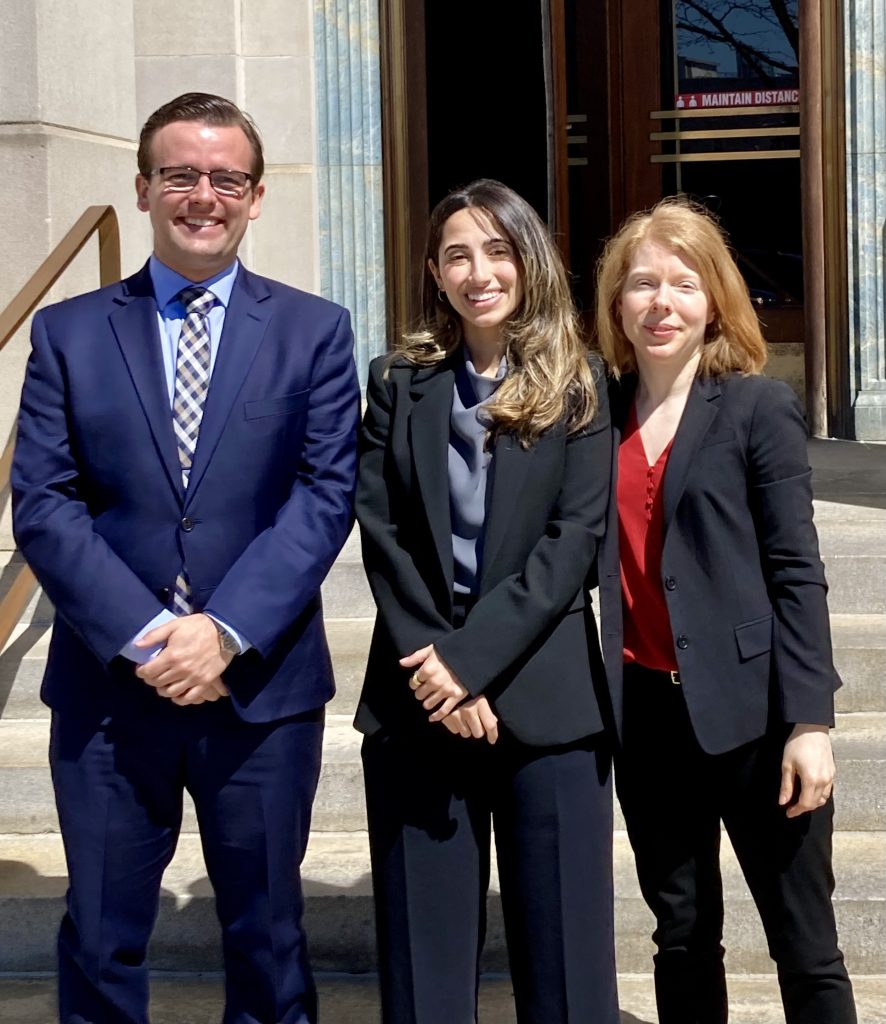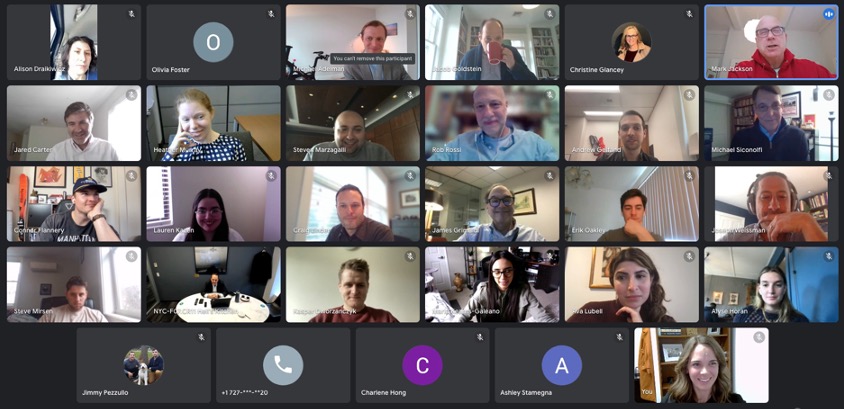WASHINGTON, D.C. – A federal judge yesterday dismissed in full a defamation and conspiracy lawsuit the Hindu American Foundation (“HAF”) brought last year against Rutgers University Associate Professor and human rights activist Audrey Truschke and four other activists. The Cornell Law School First Amendment Clinic and co-counsel Davis Wright Tremaine LLP represented Dr. Truschke in this matter.
HAF’s claims against Dr. Truschke centered around several April 2021 Twitter posts in which she criticized HAF and Hindu nationalist ideology. Among these tweets, Dr. Truschke reposted two articles from Al Jazeera Media Network’s AlJazeera.com concerning the awarding of federal COVID relief funds to organizations including HAF, which the articles characterized as “Hindu right-wing groups.” HAF subsequently brought claims for defamation and civil conspiracy against Dr. Truschke and four other individuals quoted in the Al Jazeera articles.
In late 2021, Professor Truschke filed a motion to dismiss HAF’s suit, arguing that HAF fails to state a claim against Professor Truschke, and that Professor Truschke is not subject to personal jurisdiction in the District of Columbia. The other defendants also filed motions to dismiss.
In a 28-page opinion issued Tuesday, Judge Amit Mehta agreed, granting all of the defendants’ motions and dismissing the case. The court dismissed HAF’s suit against Professor Truschke on two independent grounds. The court found that HAF could not show Professor Truschke is subject to personal jurisdiction in the District of Columbia, requiring dismissal. The court also found that HAF failed to plead a libel or conspiracy claim against Truschke or any of her co-defendants – independently requiring dismissal of HAF’s suit.
“At its core, fighting this lawsuit was about protecting academic freedom, political debate, and critical inquiry,” said Christina Neitzey, Stanton Fellow in the Cornell First Amendment Clinic. “We are thrilled with this victory and hopeful that it dissuades HAF and others from seeking to use the courts to silence scholars and activists with whom they disagree in the future.”
Eric Feder, Counsel at Davis Wright Tremaine, stated, “We’re pleased that the court recognized that a lawsuit against a New Jersey college professor had no business being filed in a Washington, D.C. court, but, more importantly, that the case had no merit in the first place. The court’s opinion reinforces the important principle that academic and political debates are a vital cornerstone of our democracy and should not form the basis of a defamation suit.”
“The Cornell First Amendment Clinic and Davis Wright Tremaine have provided amazing legal representation throughout this lengthy process, and I am deeply grateful to everyone who worked tirelessly on this case,” stated Professor Truschke. “While this process was inevitably stressful, a silver lining has been working with some rather promising law students at Cornell. I’m grateful that I was able to secure pro bono counsel in this litigation as well as continue my research and publishing agendas throughout. But I worry about others in my situation who could spend their life savings defending against similar meritless lawsuits and would be compelled to bow to anti-intellectual pressure to halt their research. I hope that one outcome of this dismissal is dissuading further bad-faith litigation that seeks to infringe on academic freedom and civil society.”
Professor Truschke was represented by Feder and Neitzey, along with First Amendment Clinic Director Mark H. Jackson, former Clinic Adjunct Professor Jared Carter, and former teaching fellow Tyler Valeska. Former Clinic students Kathryn Rider and Tim Birchfield, as well as former Clinic intern Taylor Kay, assisted in drafting the briefs in support of Professor Truschke’s motion to dismiss.
About the Cornell Law First Amendment Clinic: The Cornell Law First Amendment Clinic represents journalists and citizens on a pro bono basis to advance the interests of free expression. Law students collaborate with faculty to represent clients in legal research, negotiations, and litigation.
The case is Hindu American Foundation v. Sunita Viswanath, et al., Civil No. 21-cv-01268 (APM), in the United States District Court for the District of Columbia.
Read the court’s full opinion here.
Contact:
Christina Neitzey, cn266@cornell.edu, (910) 620-5282
Eric Feder, EricFeder@dwt.com, (202) 973-4273









